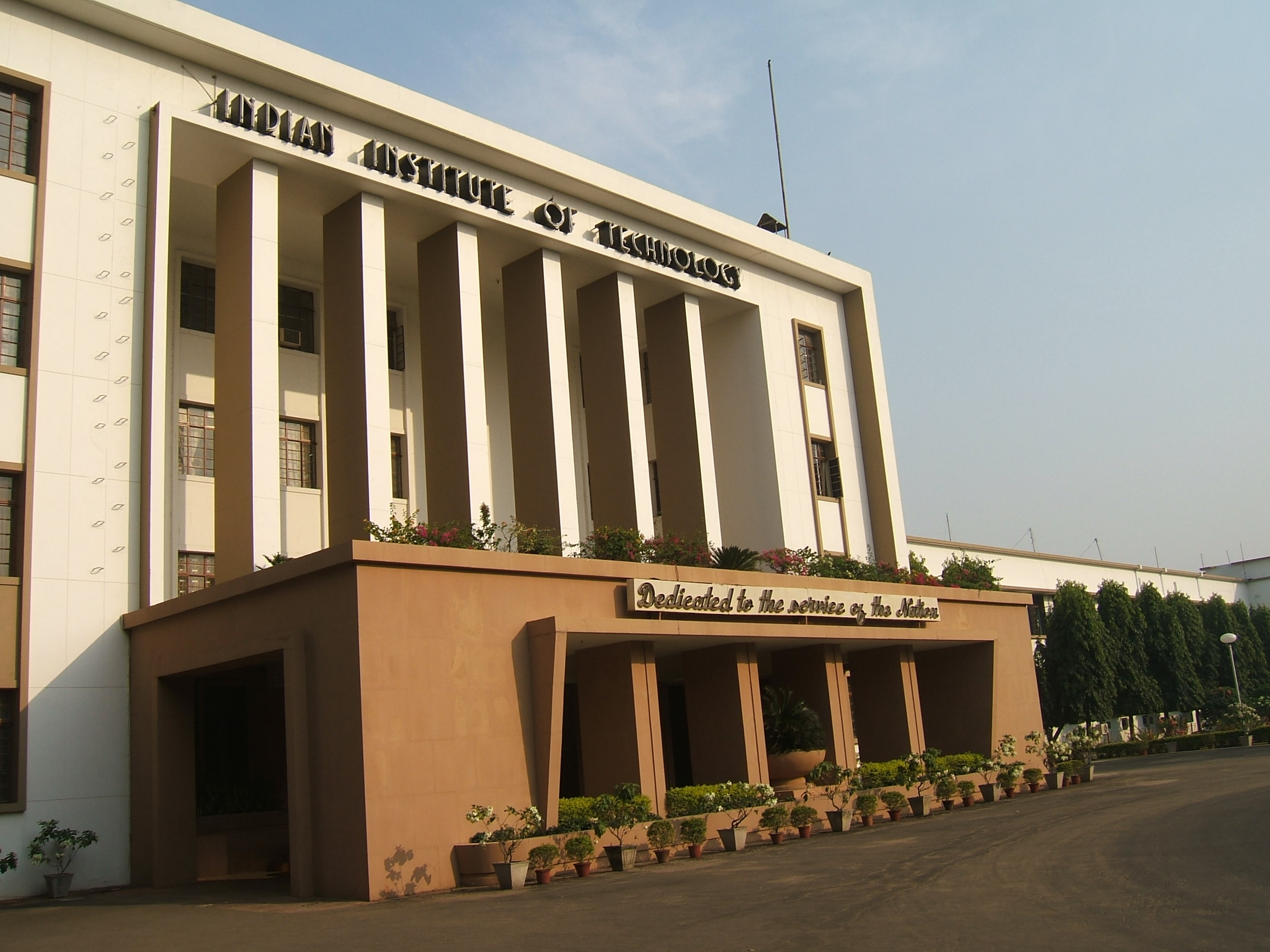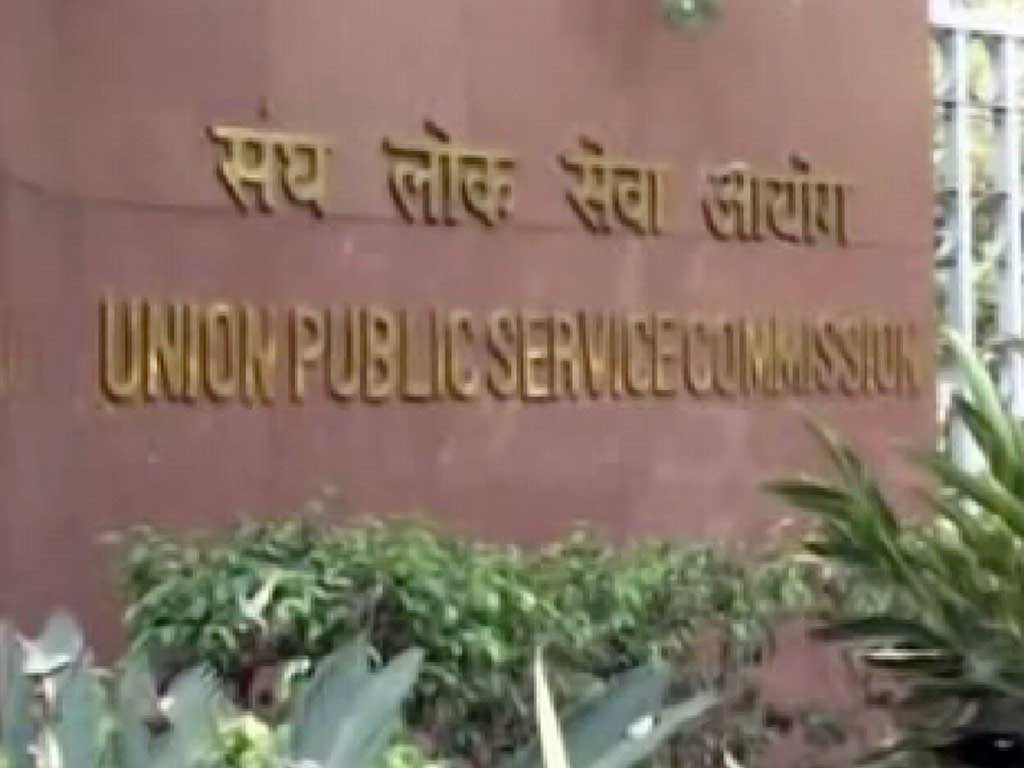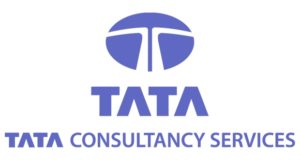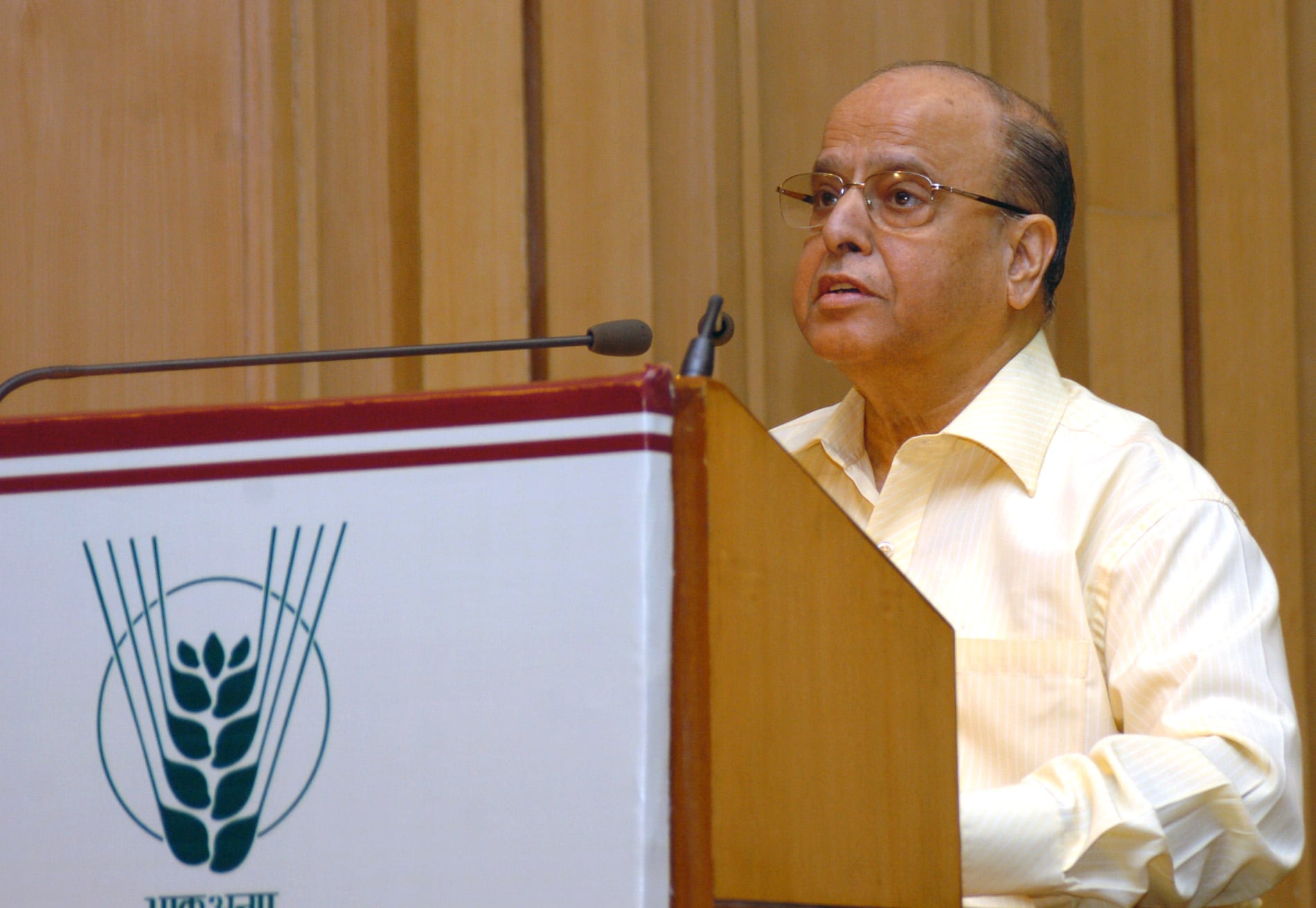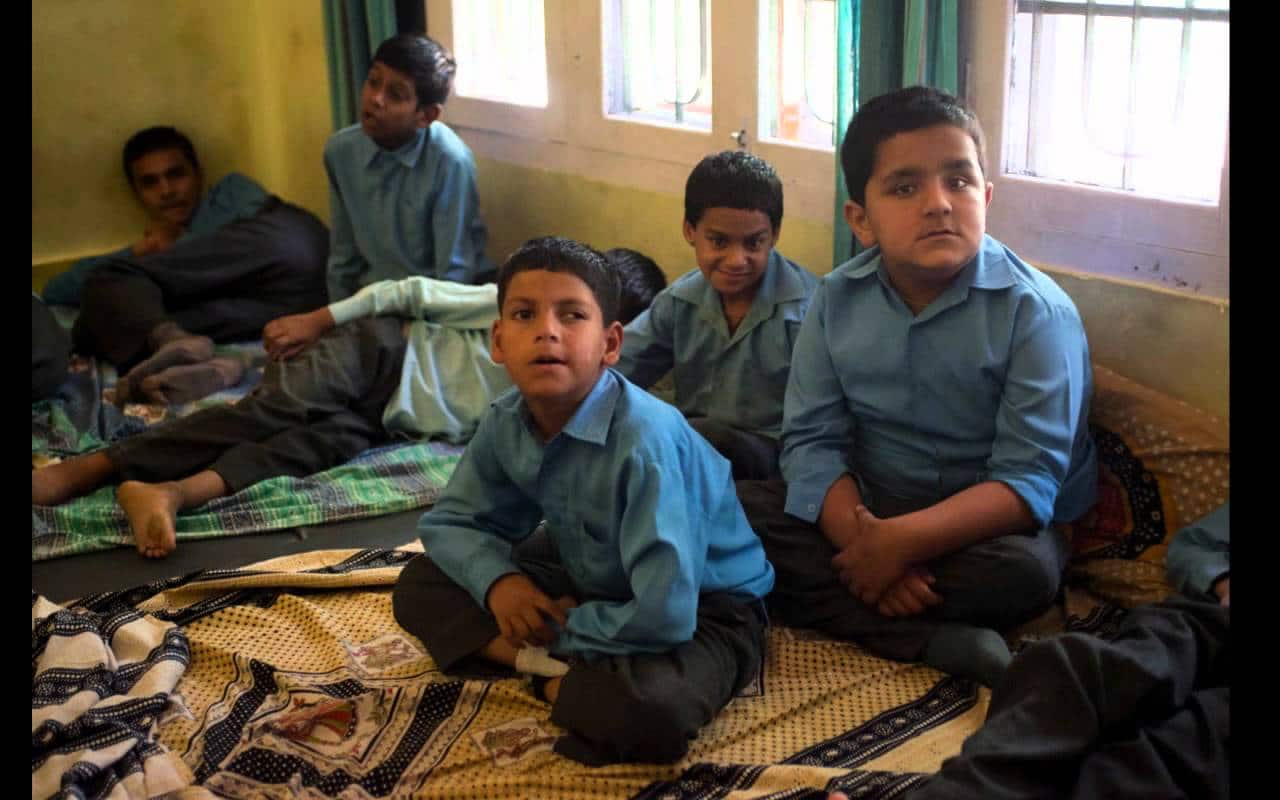The Indian Institute of Technology Kharagpur, from next month, is going to organise a nine-day induction programme for freshers.
Students enrolled in the academic year 2017-18 will be introduced to various departments, facilities and life on the campus of premier engineering institute through the programme. IIT-Kharagpur is planning to introduce similar programmes to hold round the year for senior students as well.
“Students usually come with preconceived notions about the discipline which they have enrolled in and its scope. This causes some initial misconceptions regarding career opportunities available in those disciplines,” said IIT Kharagpur Director P P Chakrabarti. Explaining more about the programme, he added that an interactive session will also be included in the induction programme to know aspirations and career choices of new students.
“We would like to interact with them, understand their preferences and may be able to guide them towards opting for flexible courses like minors, micro-specializations or micro-credit in their preferred disciplines,” he said.
He said that through the programme, students will be made aware about the “flexibility” to choose subjects or to pick any subject as per their talent or interest parallel to their major discipline. The induction would also serve as a space of interactions and introductions to familiarize students with their class and hall mates.
The refurbishing programmes for seniors will help second year students to assimilate the departments and academics and third year students to be re-oriented for pathway choices. As far as fourth year students are concerned, they will undergo a de-induction programme that will help them to prepare for the world beyond family and education institutions.







